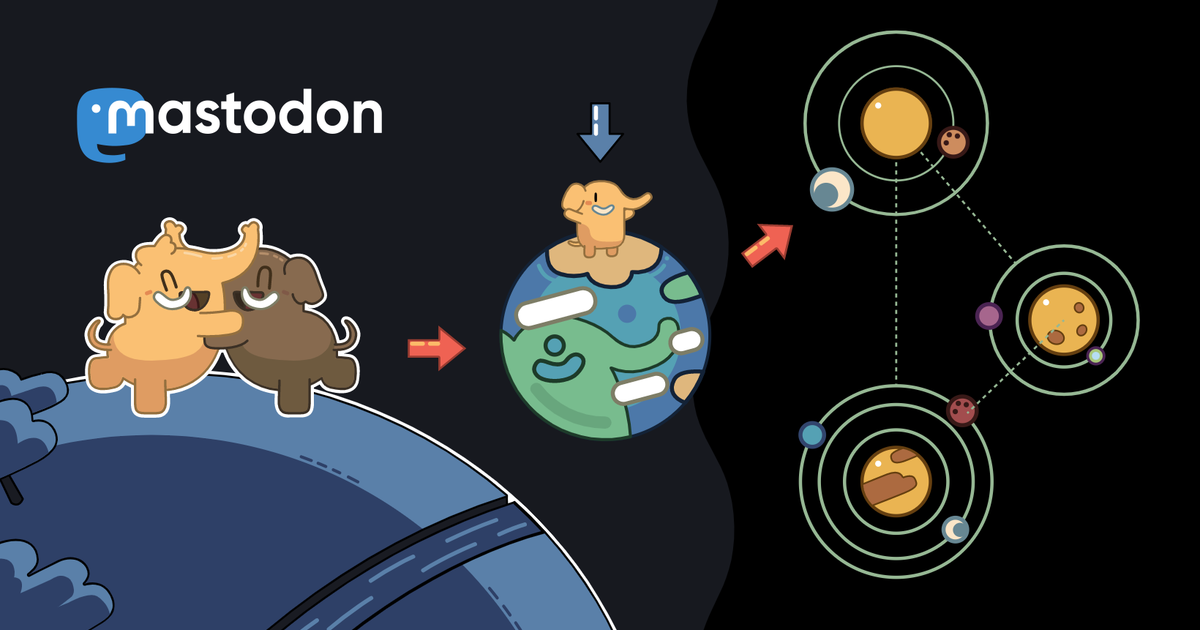There was a time when I would simply google the numbers on a pill:
"123 pill"
And the first response google gave I'd cheerfully take. I almost did it again now. But then I stopped. Oh no no no.
Because, knowing if the pill is my thyroid medicine, or antihistamine... uh. That maters.
I could sit there dying of an allergic reaction by the side of the road.
It really sucks that search can't be trusted.
(I don't need alternate search engine recommendations.*)
I am alarmed by this daily. But when I point it out to other people they just sort of dully nod. I feel there has been a significant shift. Whole categories of information that were about 99.5 percent reliable are now only 80 percent or 70 percent. That's a big difference.
Those are just spitball numbers but AI is just WRONG about 1/20 times. Too much.
@futurebird https://en.wikipedia.org/wiki/PageRank
So long as they're done "dry" of marketing f*ckery it's hard to see how there's alternative to forms of page ranking and citation analysis.
The trouble is when one entity or cohort, a monopoly, grabs dominance and extinguishes diversity.
This where principles like "Adversarial Interoperability" seem recommended.
@futurebird Cory Doctrow describes the idea here:
"...new services can be plugged into existing ones, without permission or cooperation from the operators of the dominant service."
https://wiki.p2pfoundation.net/Adversarial_Interoperability
